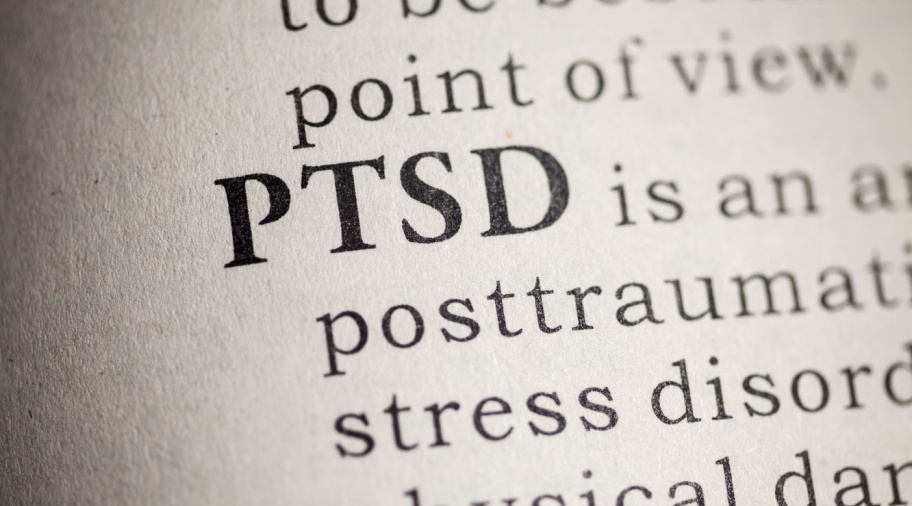More Than One-Third Of Adults Who Attempt Suicide Receive No Subsequent Mental Health Treatment
Over a 10-year span, from 2008 through 2019, 34.8% to 45.5% of adults who attempted suicide received no subsequent mental health treatment, but the year-to-year variation could be due to chance. Among those with a past-year suicide attempt who reported unmet need for mental health services, the likelihood of reporting not knowing where to go for treatment rose by 96%. The likelihood of reporting that services were “too far away” rose by 415%.
During this period the unadjusted rate of reported suicide attempts rose 17%, from 481.2 per 100,000 population to 563.9 per 100,000 population. The likelihood of suicide attempts increased among the following demographics between 2008 and 2019:
- Up 81% among young adults aged 18 to 25 years.
- Up 33% among women.
- Up 122% among those who were unemployed.
- Up 60% among those who were never married.
- Up 44% among those with addiction disorder.
- Up 651% among those with serious psychological distress.
- Up 190% among those with major depressive episodes.
- Up 81% among those with alcohol use disorder.
- Up 65% among those who reported being divorced or separated.
These findings were reported in “National Trends of Mental Health Care Among US Adults Who Attempted Suicide in the Past 12 Months” by Tanner J. Bommersbach, M.D., MPH; Robert A. Rosenheck, M.D.; and Taeho Greg Rhee, Ph.D. The goal was to estimate annual rates of suicide attempts and use of mental health services among U.S. adults from 2008 to 2019. They analyzed data for 484,732 responses from the annual National Survey on Drug Use and Health.
The full text of “National Trends of Mental Health Care Among US Adults Who Attempted Suicide in the Past 12 Months” was published January 19, 2022, by JAMA Psychiatry. An abstract is available online at https://jamanetwork.com/journals/jamapsychiatry/fullarticle/2787969?guestAccessKey=321bcbe7-ea1b-4022-9f3b-c69c70457240&utm_source=For_The_Media&utm_medium=referral&utm_campaign=ftm_links&utm_content=tfl&utm_term=011922.
For more information, contact:
- Greg Rhee, Ph.D., Department of Psychiatry, Yale School of Medicine, 100 York Street, Suite 2J, New Haven, Connecticut 06511; Email: taeho.rhee@yale.edu and tgrhee.research@01queenb01gmail-com
If you or someone you know is in crisis, please contact the Suicide Prevention Hotline / Lifeline at 1-800-273-TALK (8255),
or text the Crisis Text Line at 741-741.
Disclaimer: PsychU is supported by Otsuka Pharmaceutical Development & Commercialization, Inc. (OPDC) and Otsuka America Pharmaceutical, Inc. (OAPI). Specific PsychU programs may be supported by OPDC, OAPI and other committed supporters of the mental health treatment community. The opinions expressed by PsychU’s contributors are their own and are not endorsed or recommended by PsychU or its sponsor or the sponsors of the specific PsychU program in which such opinions are expressed. The information provided through PsychU is intended for the educational benefit of mental health care professionals and others who support mental health care. It is not intended as, nor is it a substitute for, medical care, advice, or professional diagnosis. Health care professionals should use their independent medical judgement when reviewing PsychU’s educational resources. Users seeking medical advice should consult with a health care professional. No CME or CEU credits are available through any of the resources provided by PsychU. Some of the contributors may be paid consultants for OPDC and OAPI.


